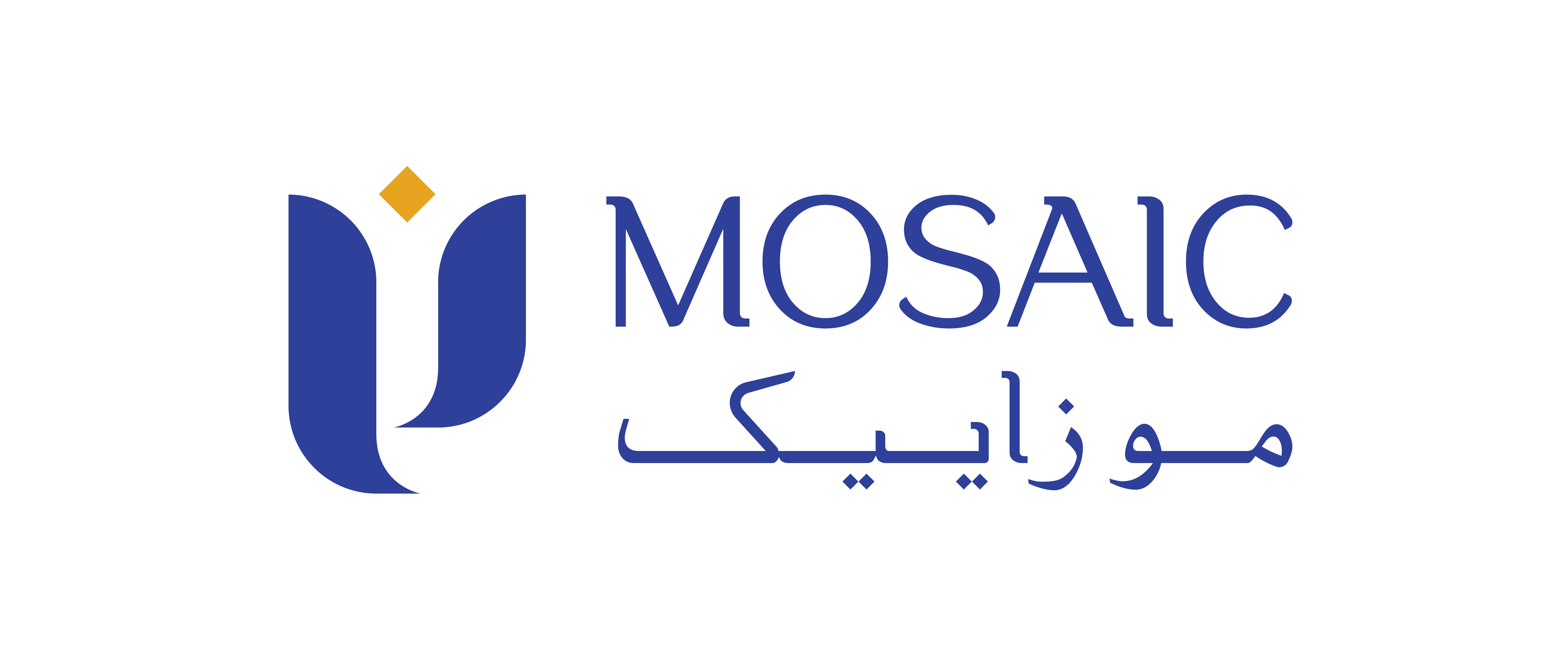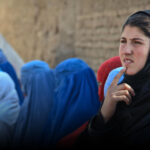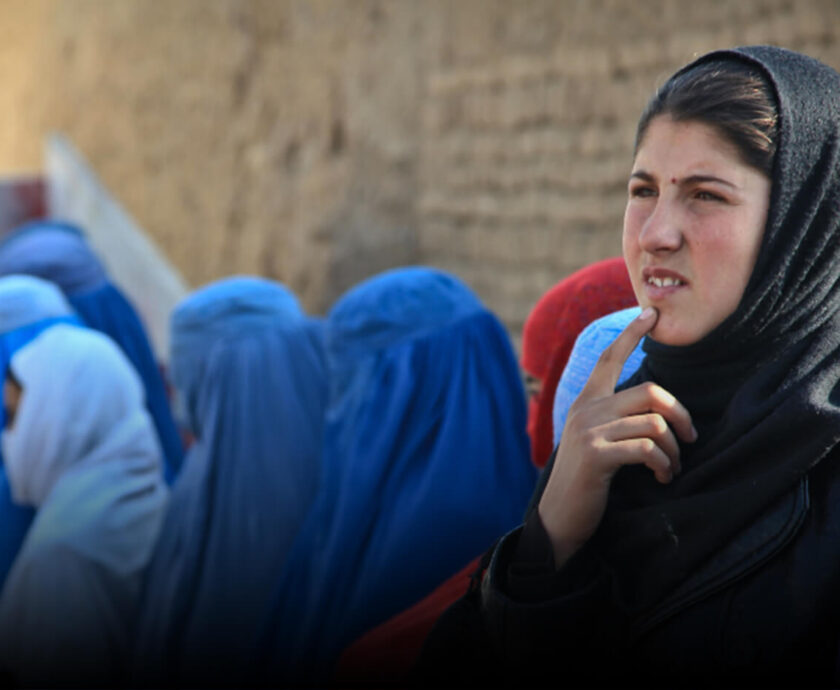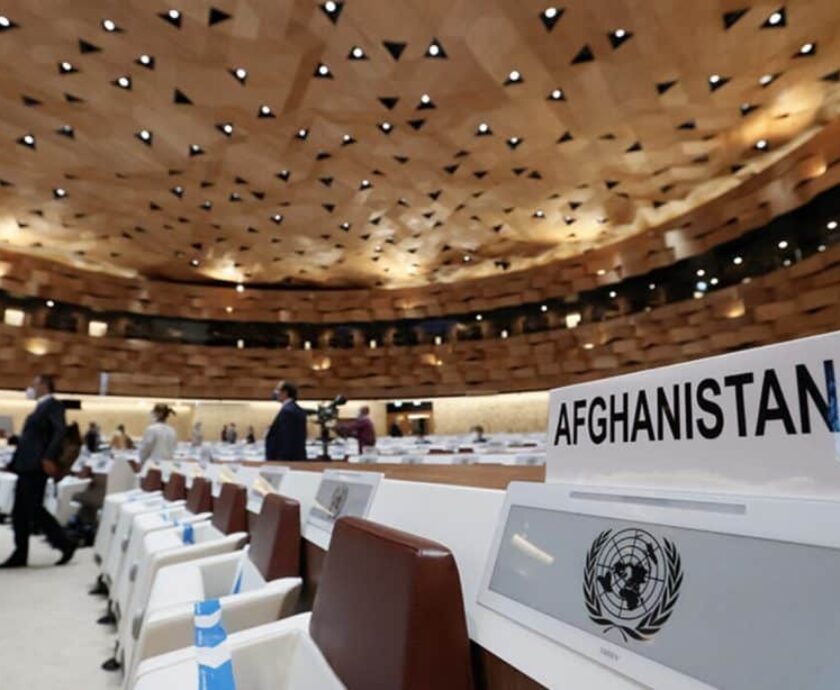The UN Secretary-General, Antonio Guterres, held a two-day UN-sponsored summit in Doha between 18-19 of February. Present in this summit were more than two dozen nations’ special envoys on Afghanistan and a number of international organisations. This is the second of such meetings, the first of which was held in May 2023. Both events were held after the UN Security Council (UNSC) issued resolution 2679 (2023) to request the Secretary-General to conduct and provide, no later than 17 November 2023, an integrated and independent assessment to streamline the international community’s involvement in Afghanistan. In writing the independent assessment, consultations took place with all relevant political actors and stakeholders of Afghanistan, including relevant authorities, women, and members of the civil society, as well as those from the region and the wider international community. The Secretary-General appointed a Turkish diplomat, Mr Feridun Sinirlioğlu, as the Special Coordinator to coordinate the conducting of the independent assessment mandated by the Security Council.
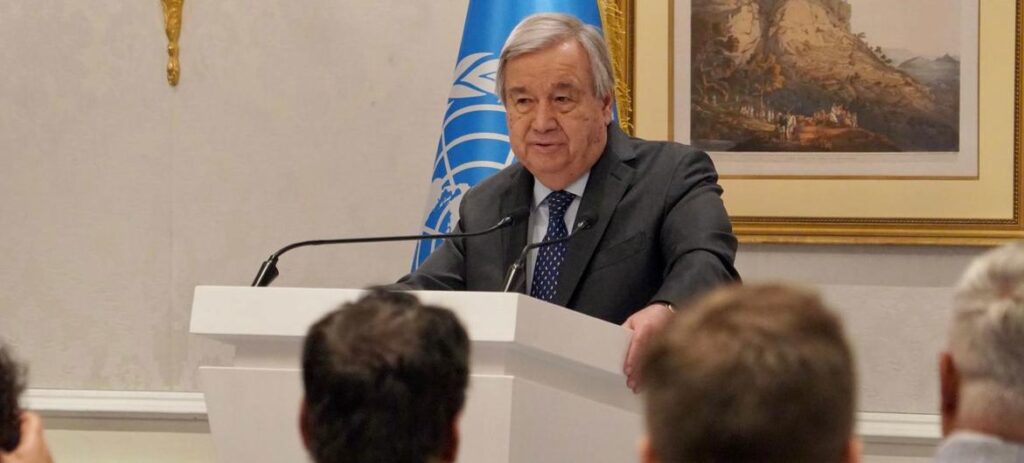
After Sinirlioğlu completed and submitted the independent assessment in November 2023, the UNSC passed a resolution on 29 December, agreeing to approve the independent assessment to appoint a UN Special Envoy on Afghanistan to streamline the international community’s involvement in the country. Since their usurpation of power, the Taliban have committed widespread human rights violations, including creating a system of gender apartheid, establishing a Taliban-only administration, and failing to counter terrorism in the country. These three points are evidenced by authoritative international bodies, including a report by the UN Analytical Support and Sanctions Monitoring Team published in June 2023, which stated that the Taliban have not only maintained, but expanded, close ties with global and regional terrorist groups. Additionally, the Taliban have misappropriated international humanitarian aid to consolidate their totalitarian system. The Taliban have also resorted to the mass radicalisation of the country’s youth by turning the school curriculum into a madrassa-based system.
The role of a Special Envoy can not only address these challenges but also enable starting a political process to address Afghanistan’s current conflict which can be achieved through a political settlement. The beginning of a process by the UN means an acknowledgement that the Taliban is not the only side of the impasse in the debacle of Afghanistan. It is essential for this process to be fair for an optimal outcome, given attempts of international mediation efforts in Afghanistan’s recent history. Otherwise, conflict will continue, and exacerbate, in the country. For this purpose, there is an urgent need to engage with an inclusive, diverse, and democratic civil society, alongside the newly formed political opposition groups, as well as members of the ulema (religious leaders) who oppose the instrumentalisation of religion by the Taliban for political purposes.
Against this backdrop, and in the absence of a legitimate government, the civil society, and democratic forces within Afghanistan, and in exile, are the primary partners of the international community and the newly appointed UN Special Envoy. Thus far, various Western country’s engagement with Afghanistan’s civil society has been fragmented and ad hoc, lacking a comprehensive approach. Meanwhile regional countries to Afghanistan have continued to not engage with them. To address this gap, Mosaic, alongside its key partners, is creating the New Afghanistan Democratic Forum (NADF) to serve as an inclusive, diverse, and democratic platform to engage with the international community in a more unified and comprehensive manner. To introduce this initiative to the international community, the forum held an event at the British Parliament in December 2023 which was well supported by the MPs of the United Kingdom as well as the representatives of various political parties.
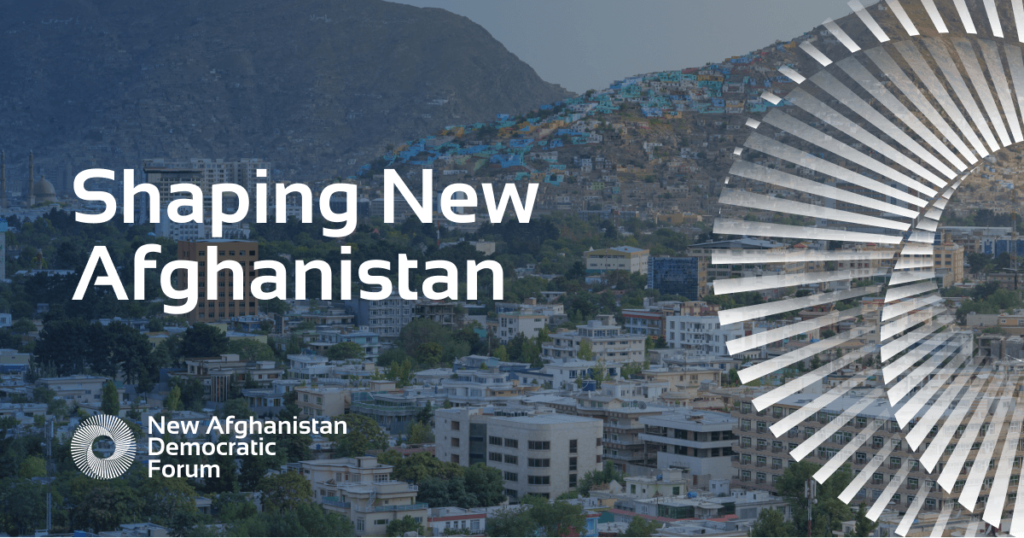
This inclusive, diverse, and democratic civil society will create several working groups to provide thought leadership to create new avenues for ways forward in Afghanistan. This can prove essential in ensuring the beginning of a fair process. It can play a vital role in facilitating a dialogue for the civil society on a political settlement for diverse communities of Afghanistan. If empowered they can facilitate a dialogue among the political officials of Afghanistan who oppose the Taliban and convene a dialogue between the ulema opposing the instrumentalisation of religion. This forum can provide timely counsel regarding key policy issues mentioned, including;
1- Counterterrorism and counternarcotics
2- Human rights and women’s rights issues
3- Pluralism and diversity of society
4- Humanitarian assistance to Afghanistan (while avoiding Taliban misuse)
5- Education and the Taliban’s ambition of mass radicalisation of the youth
6- Facilitation of dialogues: civil, political, and religious (coupled with national and regional)
We firmly believe that ensuring the meaningful participation of civic and democratic forces of Afghanistan in all levels of policymaking not only brings authentic perspectives, but also empowers the country’s marginalised and diverse communities. Involving the diverse, and democratic civil society forum, ensures fairness of a political process. Collaboration with the UN Special Envoy can contribute to the international community’s effort to establish a stable and enduring political resolution for Afghanistan.
